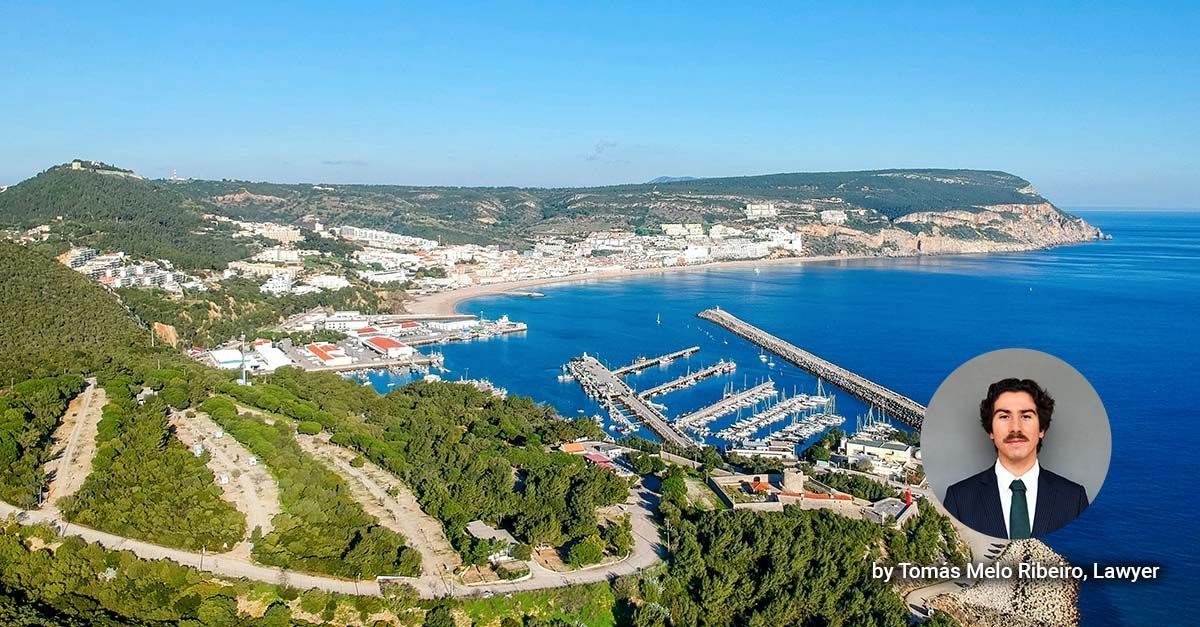The New Portuguese Citizen Card: What Has Changed and What Is New
The newly introduced Portuguese Citizen Card represents a significant increase in both design and technological advancements. These new improvements adhere to the security standards mandated by the European Union, reflecting the instructions outlined in Regulation (EU) 1157/2019 of the European Parliament and European Council, dated the 20th of June 2019.
Design Developments
The redesigned Portuguese ID card features a larger photograph, enhancing the ability to accurately identify the cardholder. The card’s designation changes from "Citizen Card" to "Identity Card," in the English language, incorporating the European Union flag with the acronym "PT" (Portugal) prominently displayed on the centre of the flag. Additionally, the CAN (Card Access Number) is introduced to facilitate access to the card’s embedded information and is displayed on the front of the ID card.
The card’s background now showcases national symbols, including the Portuguese sea and traditional Portuguese pavement, distinguishing it from other international identification documents.
Technological and Functional Innovations
The chip, formerly located on the front, has been relocated to the back of the card and upgraded to a dual interface capable of both contact, already possessed, and contactless operations. This chip now supports biometrics, identification, and travel applications. The introduction of contactless technology, as directed by EU regulations, enhances security and convenience, allowing the ID card to function as a travel document within the EU and Schengen area. Moreover, this technology enables electronic authentication and digital signatures without the need to insert it into a card reader.
Security Measures
The new ID card boasts enhanced security features. It is forgery-proof because is constructed with multiple layers and an anti-copying fund. The card includes printed elements that change colour based on the viewing angle or background and possess features only visible under ultraviolet light.
Accessing the card’s contactless functions requires explicit permission from the holder, including entering first the CAN number and after the PIN, only then the data of the Portuguese ID card can be accessed. The sole exception is at authorised airport boarding gates.
The latest Portuguese ID Card is currently considered the most secure in the world due to its innovative features and advanced technology.
Current and Future Utilization
Launched on the 10th of June 2024 (Portugal Day) and issued starting on the 11th of June 2024, the previous model ID cards remain valid until their expiration dates. By the 3rd of August 2031, all Portuguese ID cards are in this new model. The advancements in contactless technology pave the way for future functionalities, such as acting as a transport ticket, associating electronic tickets, and facilitating multifactor authentication processes.
These use cases will be implemented by public and private organisations that need to validate the citizen's identity or want to access any data that the Citizen Card contains.
Availability for Foreign Nationals
These advanced features extend to foreign nationals upon acquiring Portuguese citizenship.
Brazilian citizens holding an ID card under the Porto Seguro Treaty will also see updates, though their cards will not include the travel application feature.
For assistance with legal documentation or citizenship matters, you can
reach out to us, our dedicated team is available to support your needs to ensure compliance and ease in navigating these new developments.











